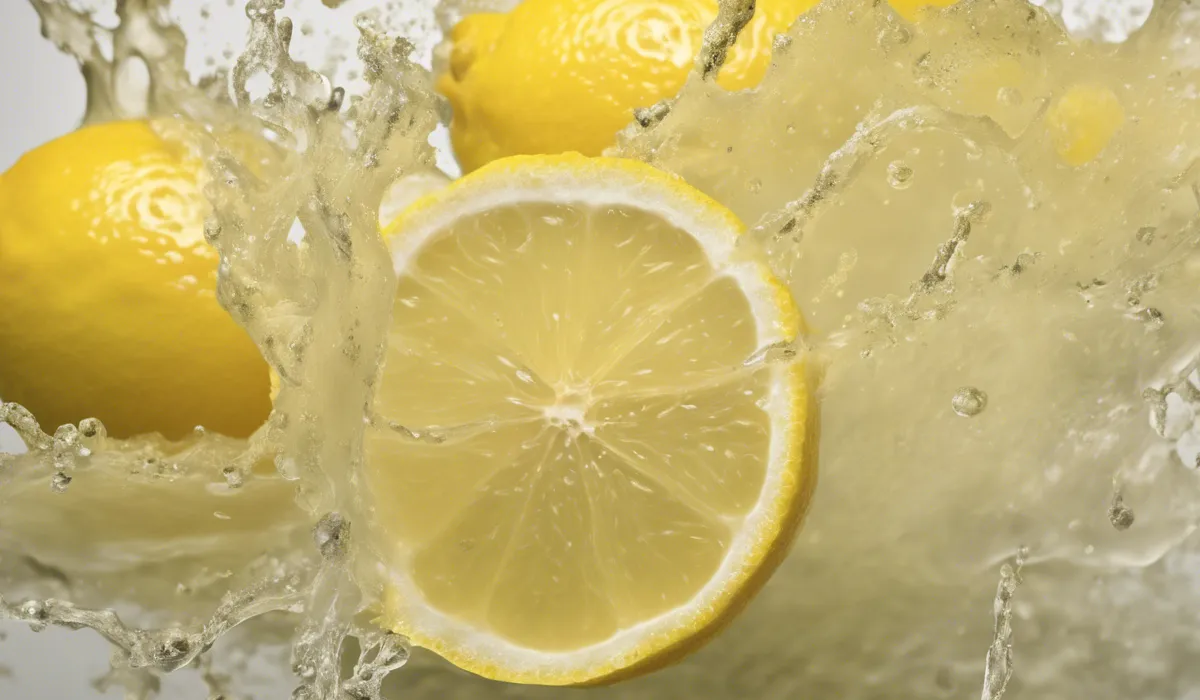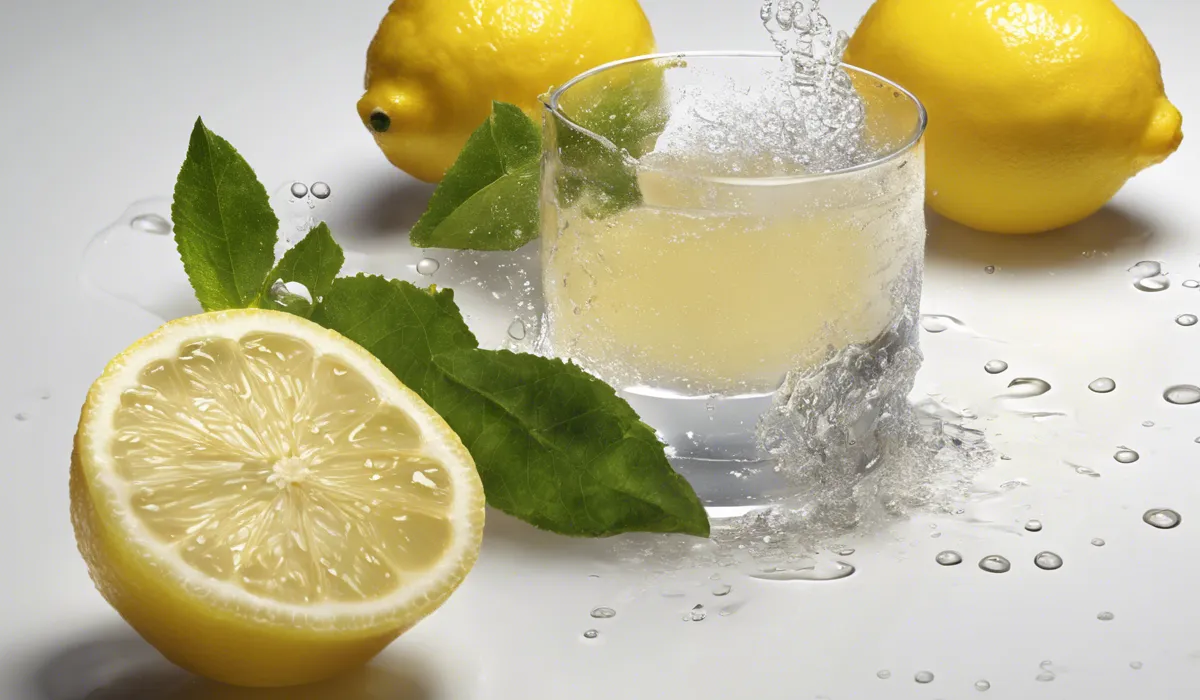Lemon juice can kill some types of mold on non-porous surfaces due to its acidic nature. It’s less effective than bleach and may not work on porous materials. Apply directly to the mold, let it sit, then scrub off.
Science of Lemon Juice and Mold

Understanding Mold and Its Growth
Mold is a type of fungus that thrives in moist environments. It reproduces through tiny spores that travel through the air.
When these spores land on a damp spot, they begin to grow and can digest whatever they land on to survive.
This can include fabrics, paper, wood, and even food. Mold is not only unsightly but can also cause health problems, particularly for those with allergies or compromised immune systems.
Chemical Warfare: Lemon Juice’s Properties
Lemon juice is known for its high acidity, with a pH level of about 2 to 3. This acidity comes from citric acid, which makes up about 5-6% of the juice.
Citric acid is a natural preservative and antibacterial agent, making it a common ingredient in household cleaners.
Acidic Action on Mold
The acidic nature of lemon juice can inhibit mold growth by breaking down the mold’s structure and altering its environment.
Citric acid, the primary component of lemon juice, can penetrate the cell walls of mold spores, thereby disrupting their growth and survival.
Lemon vs. Other Mold-Fighting Agents
While lemon juice can be effective against mold, it is often compared to stronger agents like bleach or vinegar.
Bleach is known for its powerful disinfecting properties, while vinegar, with its acetic acid, is also a popular natural alternative. However, lemon juice is a milder option and is less harmful to surfaces and human health when used appropriately.
Effectiveness of Lemon Juice in Killing Mold

What Science Says?
Laboratory studies have shown that lemon juice can kill certain types of mold. However, the effectiveness varies depending on the mold species, concentration of lemon juice, and contact time.
Real-World Mold Battles
In real-life scenarios, people have reported mixed results. Some find that lemon juice helps to remove mold from non-porous surfaces like tiles and glass. Others note that it is less effective on porous materials such as wood or drywall.
Factors Influencing Lemon Juice’s Mold-Fighting Power
The concentration of lemon juice, the type of surface, and environmental conditions such as temperature and humidity all play a role in its effectiveness as a mold-killer.
When Lemon Juice May Not Be Enough?
Lemon juice is not always the best solution for mold removal. It may not penetrate porous surfaces well, and it could attract insects due to its sugar content if not thoroughly cleaned after use.
Practical Application of Lemon Juice for Mold Remediation

Step-by-Step Guide to Using Lemon Juice Against Mold
To use lemon juice for treating mold, first ensure the area is well-ventilated. Then, apply lemon juice directly to the moldy surface, let it sit for several minutes, and scrub the area with a brush or sponge. Finally, rinse with water and dry the area thoroughly.
Safety First: Handling Mold with Care
When dealing with mold, it’s crucial to wear protective gear such as gloves, masks, and goggles to avoid inhaling spores or getting mold on your skin.
Complementing Lemon Juice with Other Natural Remedies
For a more comprehensive approach, consider using lemon juice in conjunction with other natural remedies like vinegar or baking soda, which can help absorb moisture and odors.
Keeping Mold at Bay Post-Treatment
After treating mold with lemon juice, it’s vital to address any underlying moisture issues to prevent mold from returning. Use dehumidifiers, ensure proper ventilation, and fix leaks promptly.
FAQs About Lemon Juice and Mold
Can lemon juice effectively kill mold on surfaces?
Lemon juice can kill some types of mold on non-porous surfaces due to its acidic nature, but it may not be as effective as other cleaning agents like bleach.
Is lemon juice a good replacement for bleach in mold removal?
No, lemon juice is less effective than bleach at killing mold and is not recommended as a complete replacement for bleach in mold removal.
Will lemon juice kill mold on porous materials like wood or drywall?
Lemon juice is not likely to be effective at killing mold on porous materials because it cannot penetrate deeply enough to reach mold roots.
How should lemon juice be applied to moldy surfaces for cleaning?
Apply lemon juice directly to the moldy area, let it sit for a few minutes, and then scrub the area before rinsing it off.
Can lemon juice prevent mold from growing back?
Lemon juice has not been proven to prevent mold from growing back; it is more of a temporary solution for killing surface mold.
Final Thoughts
Lemon juice, with its acidic properties, has the ability to kill certain molds on non-porous surfaces. However, it is not as potent as bleach and may be ineffective on porous materials. For best results, apply lemon juice directly to the mold, allow it to sit for a while, and then scrub the area clean.
